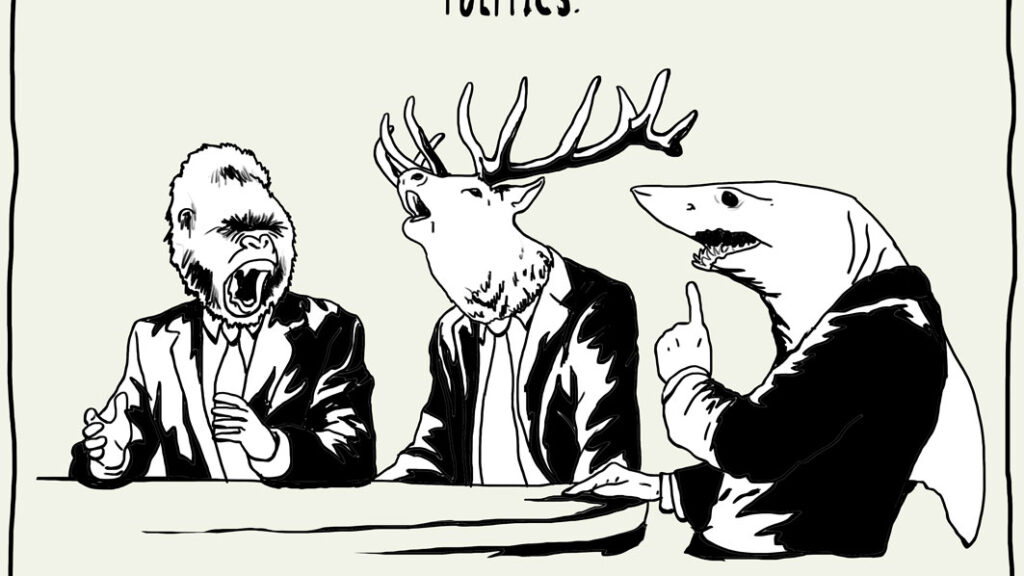
December 20, 2021 • Brooke Siem
How Your Vision Affects Stress And Anxiety
This week, I wanted to draw attention to the work of Andrew Huberman, an American neuroscientist and tenured professor in the Department of Neurobiology at the Stanford University School of Medicine.
Huberman specializes in the visual system and how it affects brain development, neuroplasticity, and neural regeneration and repair. Our eyes, as it turns out, have two functions. In addition to helping us read, see colors, and identify objects, our eyes are one of two primary systems (respiration is the other) that help tell our brain whether to be relaxed or alert.
The most obvious example of this is how we use our eyes to communicate the time of day. Our eyes perceive changes in light and therefore, our brain tells our body to awaken or become sleepy through an “aggregation of neurons” that dictate things like metabolism (are you hungry?) and movement (do you want to be lying down?) This is why sleep experts recommend shutting off harsh lights and avoiding screens toward the end of the day. When your eyes perceive the light, it triggers wakefulness in the body instead of sleepiness.

The eyes also have a direct impact on our inner state. Our pupils contract when we’re relaxed and dialate when we’re focused or under any kind of stress, good or bad. For example, when you’re staring out over a beautiful coast or vista, your pupils get smaller in order to let you take in the breadth of your surroundings. This panoramic vision opens our window to the world, literally making it look bigger, which leads to stress reduction. This is one of the reasons why we feel so good in nature.
Conversely, our pupils dilate when we’re focused or stressed. Now we see the world through straws, the peripheral fields of our vision narrowed. When the visual field shrinks, according to Huberman, it triggers an increase in alertness. In a negative experience, that alertness is called stress, anxiety, or fear. In a positive experience, it might be called flow, excitement, or infatuation.
Like breathing, this is usually autonomic. Or rather, we don’t have to think about how our pupils adjust to see, just like we don’t have to think about breathing to stay alive. But just like we can hijack respiration and use breathing to our advantage, either because we’re blowing up balloons or because we’re practicing breathwork techniques in order to manage stress, we can also direct our gaze to influence our state of mind.
When we’re in a state of anxiety or negative stress, we can cue our brain to calm down by forcing ourselves to expand our field of view, to literally see the bigger picture.
Huberman said in a recent podcast, “If you look forward and you expand your field of view, so you kind of relax your eyes so that you can see as much of your environment around you as possible to the point where you can see yourself in that environment, what you are doing is turning off the attentional and, believe it or not, the stress mechanisms that drive your internal state towards stress.”
In short, to help keep stress levels down throughout the day, look around. Take breaks from staring at your computer to look out a window or check out the patterns in your ceiling. And if you’re having a bout of anxiety, force yourself to see a literal, bigger world.
Need a little giggle? Order one of my Fuckit Buckets™.
After 15 years of depression and antidepressants, my mission is to help people find hope in the name of healing. My memoir on the subject, MAY CAUSE SIDE EFFECTS, publishes on September 6, 2022. Pre-order it on Barnes & Nobles, Amazon, or wherever books are sold. For the most up-to-date announcements, subscribe to my newsletter HAPPINESS IS A SKILL.
More articles from the blog
see all articles
October 28, 2022




